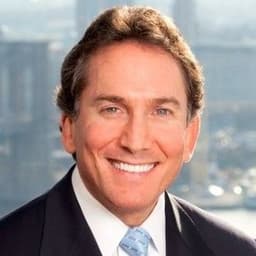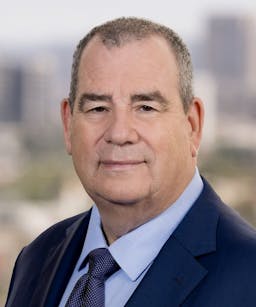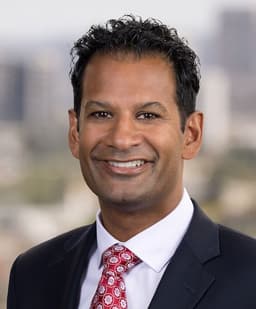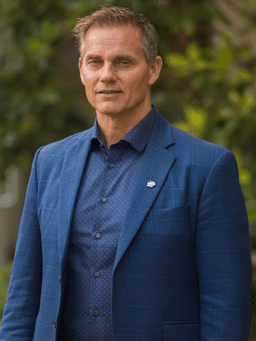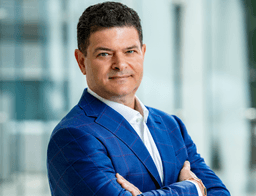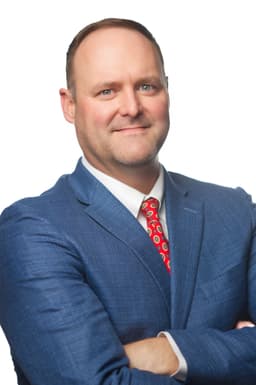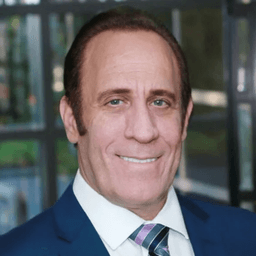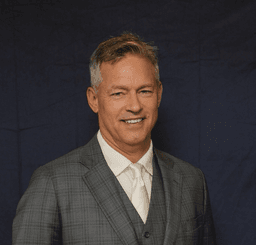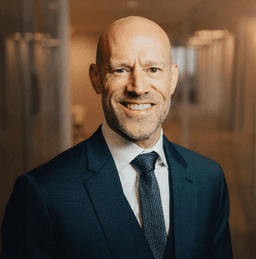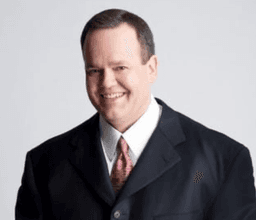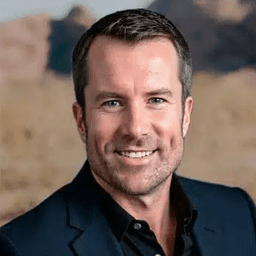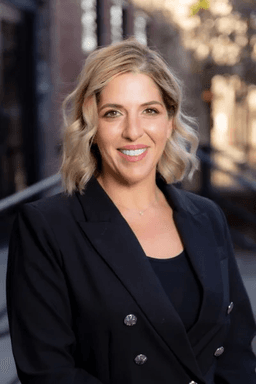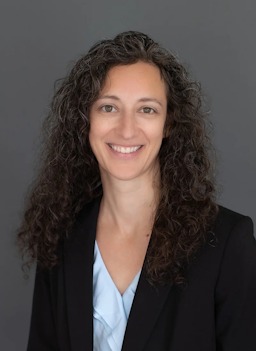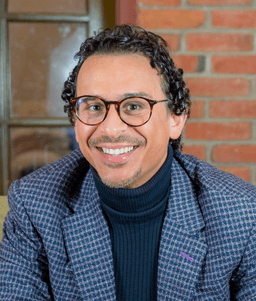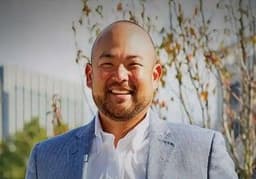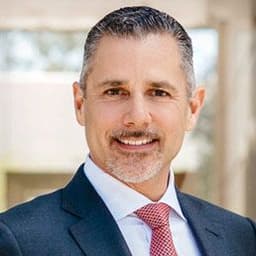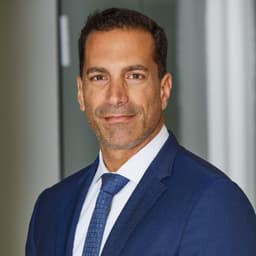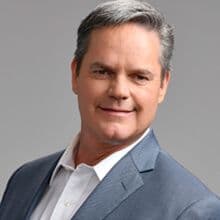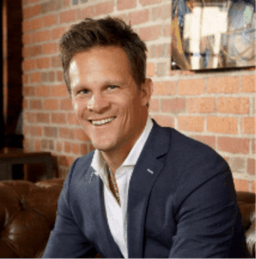Voir Dire - Wrongful Death
This section deals specifically with jury selection in wrongful death suits which shares more than what might appear obvious with voir dire in traumatic brain injury.
Make no mistake! Voir dire is not an “either/or” proposition. Despite some advocates saying that it is only to eliminate the haters (those whose life experiences and attitudes mean your client will have to start out climbing a stiff cliff) or building a tribe and rallying around unifying principles of the case, the fact is . . . IT IS BOTH! To be sure the sequence and emphasis may differ but both of the approaches have an equal and important place in your arsenal. I have likened it in prior lectures to taking “Two Bites Of The Apple” where I first identify those decent soles who I believe should not be sitting on my case . . . AND THEN ask the remaining folks if they “have any hesitation” in _____ (fill in the blank . . .”holding the doctor responsible for their decisions”; “allowing money for human losses reflecting a change in quality of life”; “placing a dollar value on life itself”; or “being asked to place a dollar figure on something as important yet difficulty to ‘see’ as traumatic brain injury”. Here we focus on human losses and harms which are not as easy to access as if you were merely being asked to add up all of the prices of things such as wages, medical bills, property damages, etc. . . . things which have already been given a price tag before the trial ever began (“it is merely a checking of our math”).
What makes voir dire in wrongful death and traumatic brain injury so different is . . . they are so different in the minds of the only ones who count (i.e., the decision makers).
What is the point of giving money for someone who is already dead . . . often years ago fueling the thought that “death is a part of the life cycle. While bad things happen to good people, the family who want money didn’t get hit by the truck . . . they weren’t poisoned by a “FDA approved” drug, etc. You can’t “give” money to somebody who is already dead even if it is by virtue of a wrongdoing. Again . . . what is the point? This question particularly arises if the decedent is older or did not financially support the family who is now asking for the money. “This is nothing more than a request for blood money.”
One must often disassociate financial loss with the magnitude of loss of life itself. A personal injury case is always about the unnecessary, violent change in baseline of an individual’s function. On the other hand, we frequently encounter panel members who have the following mind set in death cases:
- 100% of us will die;
- Life itself is so precious that it is “inappropriate” to place a dollar value on it and indeed cheapens life;
- No amount of money will ever bring the deceased back or ease the suffering in GRIEF (frequently an element that is not recoverable);
- There is no financial need by the heirs for money from the deceased;
- This is “blood money”: A mother/husband/spouse/child should never profit from the death of their loved one;
- The plaintiff is tacitly accusing the defendant either of murder or of manslaughter
when in point of fact the defendant never intended that somebody die; and
7. If the defendant did serve time, the criminal justice system has worked! There is,
therefore, no need to compound the impact on the defendant of a large money verdict.
In approaching a wrongful death case I say that the American rights set out in our Declaration Of Independence (life, liberty and the pursuit of happiness) should be referenced early and often! We are entitled to pursue happiness and to give happiness to other loved ones on our terms. We are blessed by living in a free society that allows people to do anything they want . . . as long as they are careful not to damage the rights (be that life, liberty or the pursuit of happiness) of others. If we don’t respect the safety and welfare of others that we have agreed in advance to protect (violating the safety rules that everybody agrees apply) that individual or corporation is fully accountable for all of the harms and losses . . . in money which is the best possible system that has been come up with. America has correctly come up with a system starkly different than an “eye for an eye”; a sole individual such as a king making all judgments on value; or having debtor’s prisons. Our form of justice which is incorporated within the Bill Of Rights of the Constitution, distinguishes America from other Countries. A foundation of our Country is that we truly believe “all men are created equal.” That phrase does NOT mean that we are equal in terms of physical, mental, emotional, financial, medical, etc. Some of our people are old and others are young; some are athletic and others are sedentary; some are brilliant and others less so; some are ebullient and others deal with mood swings; etc. They are ALL entitled to keep what they already have and have built! One of the best phrases that I can possibly think for either personal injury or wrongful death is that they have gotten to the point in their lives where they were “living their best lives.” This allows you to incorporate the fact that they have had challenges and that they are not perfect and that everybody is entitled to the same justice.
In very real terms, America allows us to shape the TYPE of wealth that we prize. The super rich (the Bezos, Musks and Zuckerbergs of the world) may have decided that their pursuit of happiness deals with building companies and bank accounts in stock and real estate portfolios at the expense of family or personal activities of enjoyment. In contrast, the working man or woman who is focused on their family and the activities which give everyone within the family pleasures may not “have” money but it has as much or more meaning and makes them just as rich as any of the trappings of the super wealthy.
The above theories drive the discussion in voir dire to identify those who view death cases as “inappropriate” AND those who “get it.” They see that the individual who died really was living their best life on their terms making them richer than all of the assets the super rich have collected as trophies over the years. The “Two Bites Of The Apple” voir dire approach (which I advocate) offers a way to identify both those who do not agree with wrongful death cases, as well as those who fully embrace the concept that nothing is more important or makes a life richer than family members and the activities with the family members. Once you identify those who seem to be particularly open to the latter philosophy PRE-HABILITATION is in order. “Since the panel has heard zero evidence would you all be willing to be open to listen to evidence from both sides before you decide any of the issues in the case in terms of: 1. Fault; 2. Causation; and 3. Damages? If you find that the defendant did nothing wrong to cause the damages that the plaintiff’s claim, will you have any problem in siding with the defendant’s
view? While many wrongful death voir dire topics overlap with personal injury questions, there is always a different mind set from that where we are dealing with the most treasured part of life.
TLU Live HB Agenda
Track 1
Breakfast
Hosted by
- 9:00a

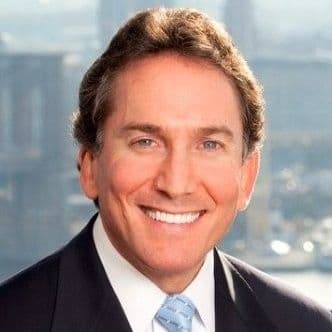 Ben B. RubinowitzJury Selection
Ben B. RubinowitzJury Selection Coffee & Snacks
Hosted by
- 10:15a

 Ben B. RubinowitzOpening Statement
Ben B. RubinowitzOpening Statement Coffee & Snacks
Hosted by
- 11:30a

 Ben B. RubinowitzDirect and Cross Examination
Ben B. RubinowitzDirect and Cross Examination Lunch
Sponsored by
- 2:00p

 Ben B. RubinowitzFinal Argument
Ben B. RubinowitzFinal Argument Coffee & Snacks
Hosted by
- 3:15p

 TLU ProfessorLecture Title Soon To Be Announced
TLU ProfessorLecture Title Soon To Be Announced Coffee & Snacks
Hosted by
- 4:30p

 TLU ProfessorLecture Title Soon To Be Announced
TLU ProfessorLecture Title Soon To Be Announced
Track 2
Breakfast
Hosted by
- 9:00a

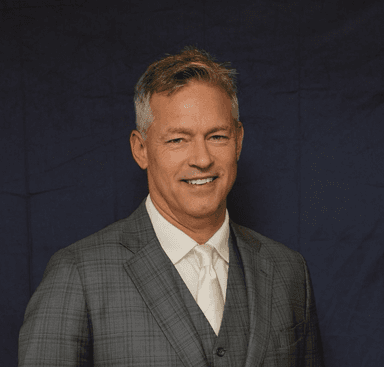

 Michael Alder · Craig Hartsuyker · Lucy Williams-AbregoDefense Decoded: Top Defense Lawyers Tactics Revealed
Michael Alder · Craig Hartsuyker · Lucy Williams-AbregoDefense Decoded: Top Defense Lawyers Tactics Revealed Coffee & Snacks
Hosted by
- 10:15a



 Michael Alder · Craig Hartsuyker · Lucy Williams-AbregoDefense Decoded: Top Defense Lawyers Tactics Revealed
Michael Alder · Craig Hartsuyker · Lucy Williams-AbregoDefense Decoded: Top Defense Lawyers Tactics Revealed Coffee & Snacks
Hosted by
- 11:30a



 Michael Alder · Craig Hartsuyker · Lucy Williams-AbregoDefense Decoded: Top Defense Lawyers Tactics Revealed
Michael Alder · Craig Hartsuyker · Lucy Williams-AbregoDefense Decoded: Top Defense Lawyers Tactics Revealed Lunch
Sponsored by
- 2:00p


 Edward Ciarimboli · Phillip Miller Creating and Using Visuals in Depositions and Trials to Bulletproof Your Case
Edward Ciarimboli · Phillip Miller Creating and Using Visuals in Depositions and Trials to Bulletproof Your Case Coffee & Snacks
Hosted by
- 3:15p

 Edward CiarimboliA Deep Dive on the FedEx Ground Video Event Data Recorder (VEDR) and Its Impact on Your Case
Edward CiarimboliA Deep Dive on the FedEx Ground Video Event Data Recorder (VEDR) and Its Impact on Your Case Coffee & Snacks
Hosted by
- 4:30p

 Corey SudaHandling and Trying Your First Trucking Case
Corey SudaHandling and Trying Your First Trucking Case
Track 3
Breakfast
Hosted by
- 9:00a

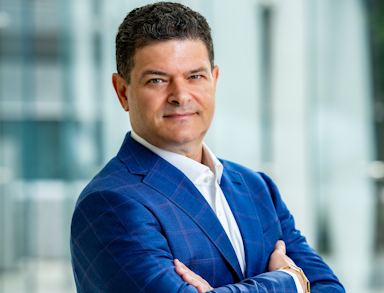 Joe FriedThe Best of Joe Fried: Damages and Money
Joe FriedThe Best of Joe Fried: Damages and Money Coffee & Snacks
Hosted by
- 10:15a

 Jason WaechterWinning Strategies for Motorcycle Injury Cases Caused by Roadway Defects
Jason WaechterWinning Strategies for Motorcycle Injury Cases Caused by Roadway Defects Coffee & Snacks
Hosted by
- 11:30a

 Ryan SkiverConnecting the dots of TBI in Truck Crashes
Ryan SkiverConnecting the dots of TBI in Truck Crashes Lunch
Sponsored by
- 2:00p

 Przemek LubeckiThe Mental Game for Trial – Performing Under Pressure
Przemek LubeckiThe Mental Game for Trial – Performing Under Pressure Coffee & Snacks
Hosted by
- 3:15p

 TLU ProfessorLecture Title Soon To Be Announced
TLU ProfessorLecture Title Soon To Be Announced Coffee & Snacks
Hosted by
- 4:30p

 TLU ProfessorLecture Title Soon To Be Announced
TLU ProfessorLecture Title Soon To Be Announced
Track 4
Breakfast
Hosted by
- 9:00a

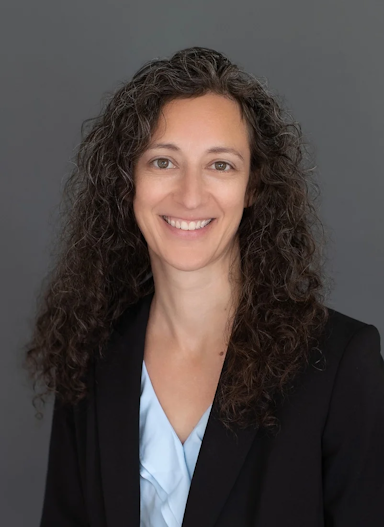 Jessica BryloIntegrating Focus Groups & Big Data Insights into Case Strategy
Jessica BryloIntegrating Focus Groups & Big Data Insights into Case Strategy Coffee & Snacks
Hosted by
- 10:15a


 Michael Karp · Robert Welcenbach Work on Designing A Winning Frame for Your Premises Liability Case
Michael Karp · Robert Welcenbach Work on Designing A Winning Frame for Your Premises Liability Case Coffee & Snacks
Hosted by
- 11:30a

 Dirk VandeverVoir Dire - Wrongful Death
Dirk VandeverVoir Dire - Wrongful Death Lunch
Sponsored by
- 2:00p

 Dirk VandeverVoir Dire - Traumatic Brain Injury
Dirk VandeverVoir Dire - Traumatic Brain Injury Coffee & Snacks
Hosted by
- 3:15p

 Randall Sorrels25 Game-Changing Strategies
Randall Sorrels25 Game-Changing Strategies Coffee & Snacks
Hosted by
- 4:30p

 TLU ProfessorLecture Title Soon To Be Announced
TLU ProfessorLecture Title Soon To Be Announced
Party Sponsor
5:30pm-8:30pm
